Ancient volcanoes released ‘cryptic’ carbon dioxide far longer than previously believed
Ancient volcanoes continued to eject carbon dioxide into the atmosphere for millions of years after their eruptions ended, researchers have discovered.
Ancient volcanoes continued to eject carbon dioxide into the atmosphere for millions of years after their eruptions ended, researchers have discovered.
Ground Penetrating Radar software developed by academics at the universities of Northumbria, Edinburgh and Aberdeen has been chosen by technology giant, Google, to be part of its prestigious Summer of Code mentor scheme for the fourth time.
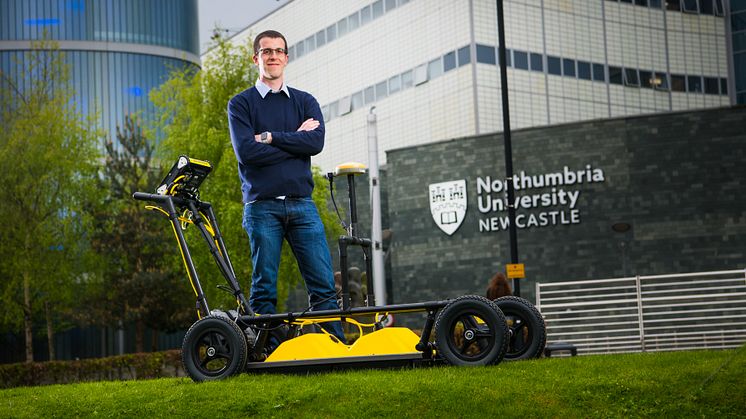
Visitors to Newcastle's Life Science Centre can participate in a study to help astronauts on the Artemis Moon exploration program. By applying K-tape to astronauts’ ankles, it is believed balance on the Moon's surface can be improved. Results will be shared with the European Space Agency. Northumbria University is leading space innovation.
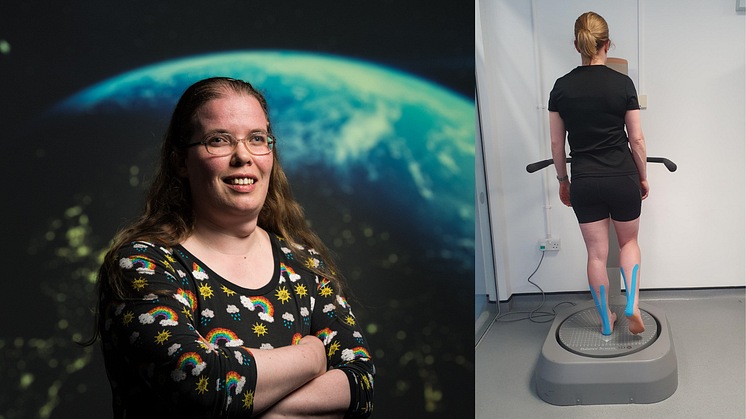
An Early Career Researcher from Northumbria University has been recognised by the Royal Geographical Society (with the Institute of British Geographers) with one of 26 medals and annual awards presented to outstanding people and organisations for their notable contributions to geography.

Professor Tom Stallard, a Planetary Astronomer from Northumbria University, has been granted access to the James Webb Space Telescope to study and capture images of the auroras on gas giants Saturn and Uranus. This unique opportunity will provide unprecedented insight into these spectacular light shows and planetary atmospheres.
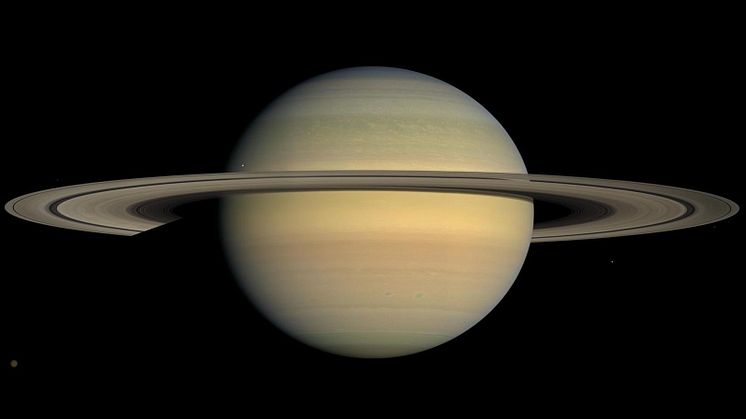
A Northumbria University scientist, who leads outreach work dedicated to improving diversity in STEM careers, is one of 30 researchers selected to participate in this year’s Royal Society Pairing Scheme.

A new research synthesis co-authored by an international group of 29 ice sheet experts states that future rises in sea level could be better estimated by gaining a clearer understanding of the Antarctic and Greenland ice sheets.
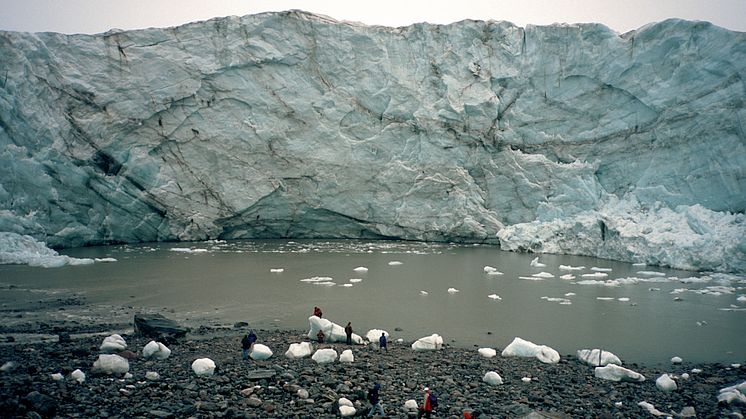
A new study involving Northumbria University has revealed scans of 390 babies show distinct patterns between term and preterm babies in the dynamic (moment-to-moment) connectivity of brain networks.
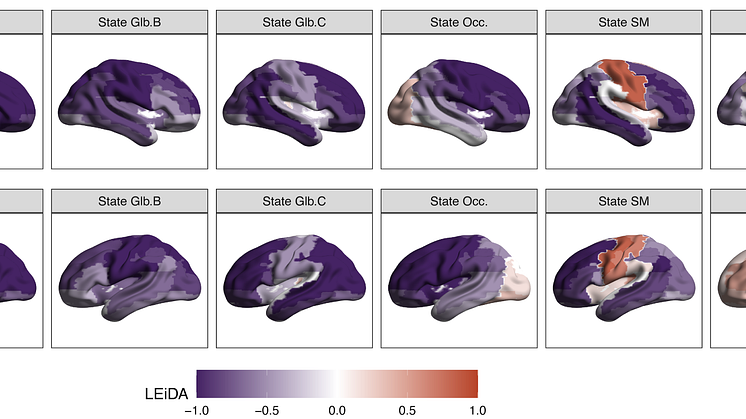
Dr Andy Smith, a solar physicist at Northumbria University, has been honored by the Royal Astronomical Society for his work in using artificial intelligence to predict space weather. His models are used by the Met Office for space weather forecasts. Smith was awarded the Winton Award for his use of AI techniques to monitor and predict solar eruptions and their impact on Earth.
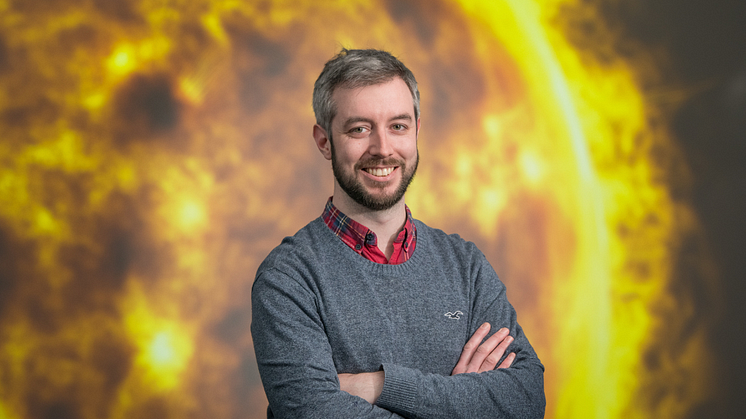
In an article written for The Conversation*, both from Northumbria University, Hilmar Gudmundsson, Professor of Glaciology and Dr Brad Reed, Research Fellow in the Department of Geography and Environmental Sciences, alongside Mattias Green, Professor in Physical Oceanography at Bangor University discuss developments in the activity of the Pine Island glacier in the west Antarctic ice sheet.
Investments from Lockheed Martin, the UK Space Agency and Northumbria University forge pathway for NESST’s global prominence.

In an article written for The Conversation*, Deirdre McKay, Professor of Sustainable Development at Keele University, Kelly Sheridan, Associate Professor in Forensic Science at Northumbria University, and Axa Research Fund Fellow Thomas Stanton from Loughborough University discuss new research on the shedding of microfibres.
In an article written for the Conversation, Jan De Rydt, Associate Professor of Polar Glaciology and Oceanography at Northumbria University, along with Ocean-Ice Modeller Kaitlin Naughten and Ocean and Ice Scientist Paul Holland, both from the British Antarctic Survey, discuss their recent research findings on the warming of the West Antarctic ice sheet.
The Secretary of State for Education, the Rt Hon Gillian Keegan, visited Northumbria University, Newcastle, to discuss unlocking opportunities for young people in the region and to hear about ground-breaking research in areas of global significance.
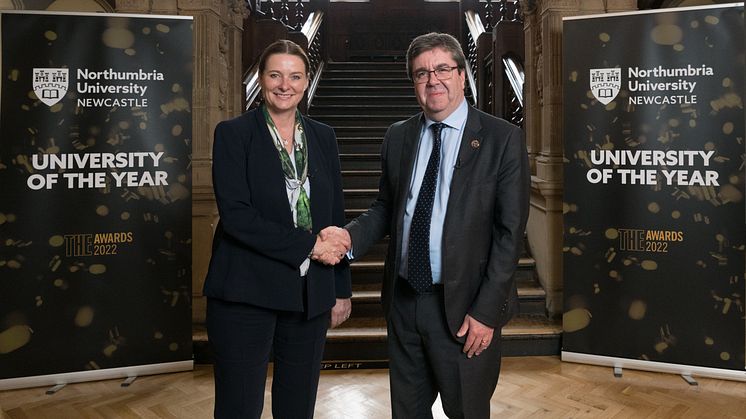
A Northumbria University academic is part of a team of scientists to be awarded a prestigious physics gold medal and prize for their work developing the world’s first room-temperature MASER.
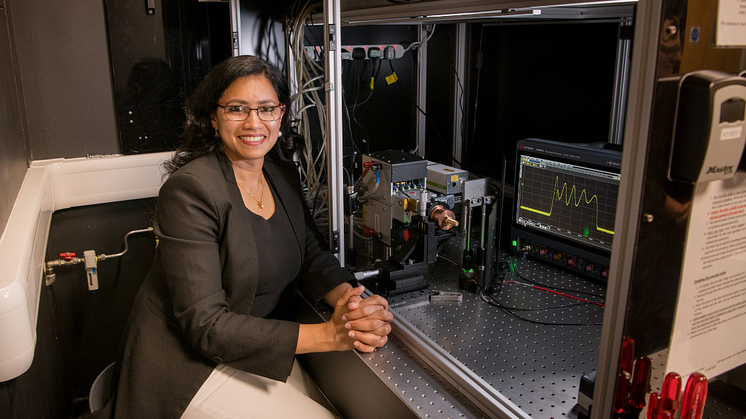
A Northumbria university academic has been awarded almost half a million pounds to develop a new process for sorting micro-nano particles which could improve cancer diagnosis and treatment.
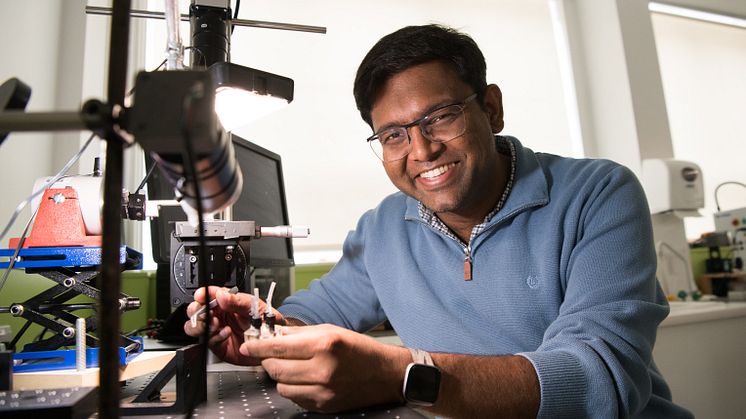
An award of £1 million to support the expansion of engineering and surface science research facilities at Northumbria University has been announced today by the Wolfson Foundation.
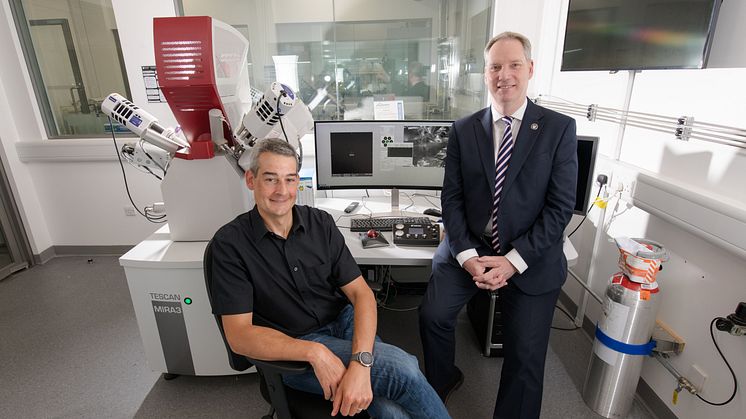
A team of scientists led by a Northumbria University academic has won funding to research an eye disease suffered by over 190 million people worldwide.
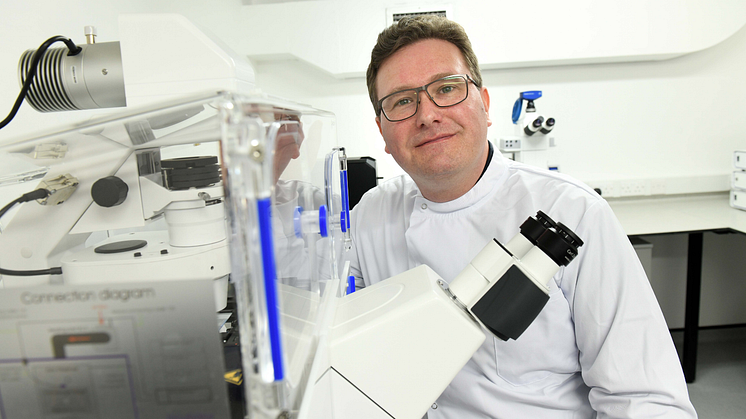
Researchers from Northumbria University have found that swapping red and processed meat for Quorn’s mycoprotein, a fungi-based meat alternative, leads to a significant reduction in intestinal genotoxins - which can cause bowel cancer - and increases healthy gut bacteria.

New research involving a Northumbria University Professor has developed a wearable sensor capable of wirelessly transmitting information via acoustic waves through air and water.
